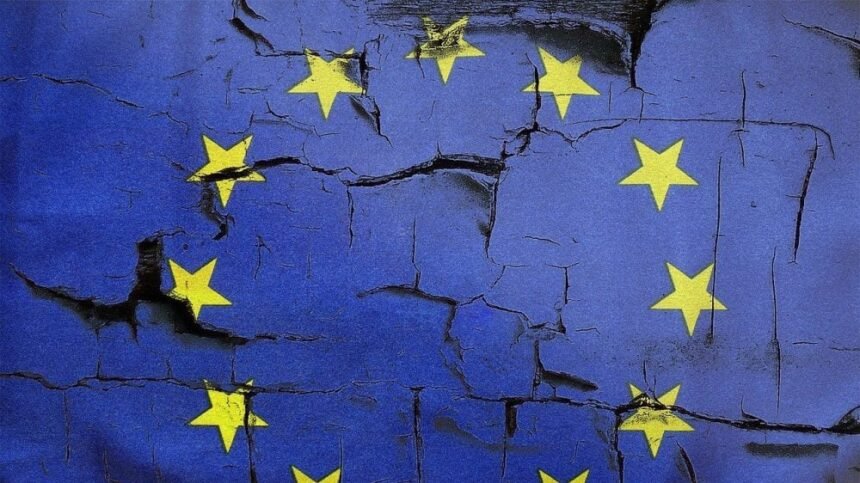Following the Board of Governors meeting of the International Atomic Energy Agency (IAEA) on nuclear safety, the European Union and its member states released a joint statement expressing deep concern over nuclear risks posed by Russia.
The statement highlights that Russia’s war in Ukraine, including the seizure of the Zaporizhia nuclear power plant and heavy military activity near Ukrainian nuclear facilities, jeopardizes nuclear safety.
The EU delegation emphasized that nuclear safety in Ukraine remains a top priority, and the statement was supported by Ukraine, Albania, Bosnia-Herzegovina, Georgia, Iceland, Montenegro, North Macedonia, Norway, and Moldova.
IAEA Director-General Rafael Grossi reported that the situation at Zaporizhia remains unstable, with six of the seven nuclear safety pillars compromised. Currently, only one external power transmission line remains operational, creating serious safety risks.
The EU reaffirmed its support for IAEA missions in Ukraine and stressed the importance of maintaining the seven essential nuclear safety and physical security pillars identified by the agency:
- Maintaining the physical integrity of facilities, including reactors and radioactive waste storage.
- Ensuring the operation of all nuclear safety and physical security systems at all times.
- Allowing operational staff to perform duties and make decisions free from undue pressure.
- Providing reliable external power supply to all nuclear sites.
- Guaranteeing an uninterrupted logistical supply chain for facilities and transport.
- Maintaining radiation monitoring systems and emergency preparedness measures.
- Ensuring reliable communication channels with regulatory authorities and stakeholders.
The EU stresses that adherence to these pillars is crucial for nuclear safety amid the ongoing conflict.







